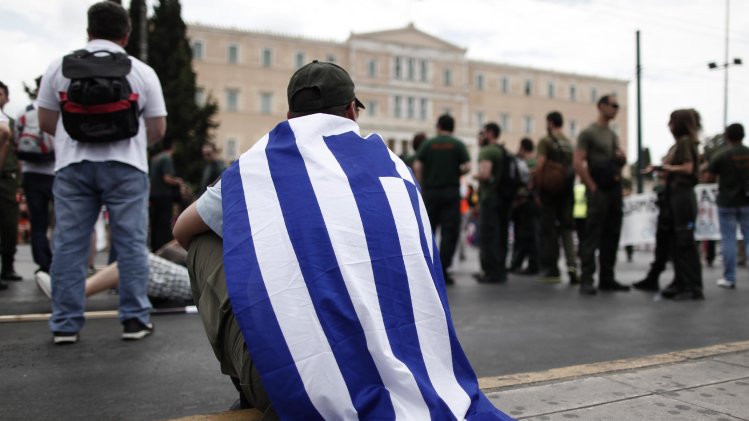By Ben Kopp
Impunity Watch Reporter, Europe
SOPHIA, Bulgaria – Despite recent protests, Bulgarian Socialist Party (BSP) Prime Minister Plamen Oresharski vowed to continue his administration of the country, even if low public support delays much needed reform. European Commission spokesman Olivier Bailly simultaneously called for public order and the continued right of public demonstration.
Currently, a number of problems plague Bulgaria’s aging population, including an ineffective market and failing health care and education systems. Tax collection and revenue agency reforms are also areas of concern.
In February 2013, Bulgaria’s former Citizens for European Development of Bulgaria (GERB) government collapsed following protests over low living standards and high utility bills. By May, without backing from another party, GERB reclaimed an electoral majority. However, the BSP, which won second place, received support from another party in the legislature for Oresharski’s rise to power.
In June, demonstrators protested the Socialist government’s decision to appoint, without debate, a “media magnate” the head of the National Security Council. Even after parliament cancelled the appointment, protests have continued for nearly seven weeks in Sofia. Of thousands of Bulgarian protesters, most are young and well-educated anti-corruption demonstrators.
Most of the protests had been peaceful and overshadowed in international media by concurrent violence in Brazil, Turkey, and Egypt.
On 23 July 2013, protesters trapped more than 100 lawmakers, ministers, and journalists inside the parliament building. Protesters used paving stones, street signs, and park benches as barricades. Despite injuries to several protesters and at least one police officer, the rally continued for over eight hours. The streets rang with thousands shouting “Resign! Mafia!” Around 3:00AM, police escorted lawmakers away in vans.
A government decision to borrow nearly $700 million sparked the demonstrators’ decision to barricade lawmakers inside parliament.
“We want people in the parliament to start thinking about the people, and not only for their own pockets,” said demonstrator Anna Grozdanova.
“People’s patience has run out,” said Bulgarian cultural expert Alexander Kiossev, who recently protested in Sofia. “This patience has several times been overstretched by this government and previous ones.”
European Justice Commissioner Viviane Reding openly sympathized with “Bulgarian citizens who are protesting on the streets against corruption.”
According to a recent poll, Oresharki’s coalition has the highest disapproval rating of any incoming Bulgarian government since 1997. Amidst protesters calling for Oresharki’s resignation, political analysts have predicted that the government will not last long because the Attack Party, while necessary for passing legislation, continues to push an anti-EU and anti-NATO agenda.
“When we speak of resignation,” said Oresharski, “that is an easy personal decision to make but would be irresponsible for the country… I have heard no convincing arguments explaining how resignation would automatically solve the problems of the country.”
Oresharski added that while protests have forced his government to be more effective, they have made enacting major reforms difficult. Nevertheless, he vowed to maintain fiscal rigor and help spur economic growth.
As demonstrated, however, if the corruption allegations are true, the Bulgarian people will not want the major reforms offered to them.
For more information, please see:
The Guardian – Bulgaria’s ‘Class War’ – 26 July 2013
Reuters – Bulgaria PM Refuses to Quit, Says Protests Hamper Reforms – 26 July 2013
TIME World – A Bulgarian Spring? Entrenched Protests Challenge Eastern Europe’s Status Quo – 26 July 2013
Deutsche Welle – Kiossev: ‘There’s a moral solidarity in Bulgaria’ – 25 July 2013
Reuters – Bulgaria Parliament Siege Escalates Political Crisis – 24 July 2013


